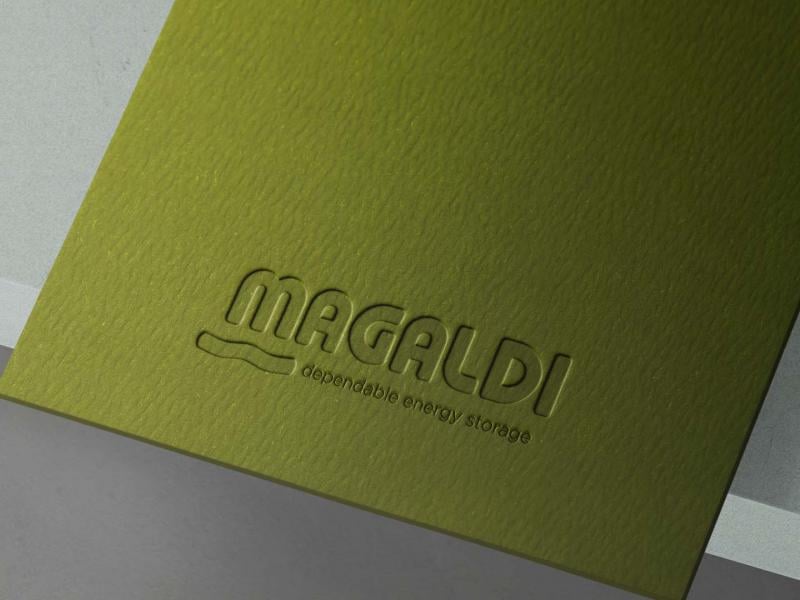
HILT CRC is an Australian-based collaborative venture linking industry, research, and government organizations to de-risk and accelerate technologies that will create a low-carbon heavy industry sector and achieve Net Zero by 2050. Established in June 2021, HILT CRC was awarded Commonwealth funds over 10 years with investments over approx. AUD $200M (cash and in-kind).
By collaborating with HILT CRC, Magaldi aims to support its move into the renewable energy field, developing an innovative solar thermal technology based on modular units, its expertise in the conveyor belt domain, such as with ECOBELT, an entirely enclosed system designed for the high-temperature handling of bulk materials.
Furthermore, in a different sphere of interest always related to sustainability and green energy transition, Magaldi can share its breakthrough electro-thermal energy storage solution that allows steam production for industrial use in a power-to-heat configuration.
HILT’s CEO Jenny Selway said, “Magaldi’s ambition shows strong alignment with HILT CRC’s mission and strategy. We welcome Magaldi to HILT and look forward to collaborating on new technology developments and solutions to help heavy industry decarbonize.”
Mario Magaldi, Chairman of the Board and Chief Inventor, said that “Magaldi Power is excited to become a part of the HIL T consortium. Magaldi's engagement with HILT will be wholehearted, aligning closely with the mission of the consortium: to develop reliable technologies for a sustainable future and to facilitate an ambitious shift towards renewable energy sources. Within this collaboration, Magaldi will share its proprietary technologies in both the energy storage and material handling sectors. This sharing of expertise and technology underscores the company's dedication to advancing sustainable practices and contributing to a greener, more efficient future.”
Magaldi joins 52 other partners across industry, research, and government organizations who, through HILT CRC, will perform collaborative research dedicated to developing and demonstrating low-carbon technologies that will help transition the steel, iron, alumina, and cement industries to decarbonize heavy industry and grow the economy.
---------------------------------------------------------------------------------------------
About HILT CRC
Established in 2021, the Heavy Industry Low Carbon Transition Cooperative Research Centre (HILT CRC) is an Australian-based collaborative venture linking industry, research, and government organizations to develop and de-risk technologies that will create a low-carbon heavy industry sector and achieve Net Zero by 2050.
With a foundation in circular economic principles, its mission is to de-risk decarbonisation for heavy industry by conducting world-class research, and by providing an ecosystem for collaboration and knowledge sharing. Its research program undertaken by over 100 researchers at 11 research institutions, and over 30 industry partners, is linked to an international network through the Net Zero Industries Mission (NZIM). HILT CRC and NZIM also play a role in the coordination of demonstration and pilot scale infrastructure globally, which is vitally important to increase the speed and efficiency of the transition.
Core and Key industry partners include Adbri, Hydro, Liberty, Fortescue, Grange Resources, Roy Hill, South32, and Calix, as well as institutions including The University of Adelaide, The Australian National University, Curtin University, CSIRO, and Swinburne University of Technology. International partners include Emirates Global Aluminium, Mitsubishi Heavy Industries, Heliogen, Worley, Primetals Technologies, Hydro, and the German Aerospace Centre.
HILT CRC has already completed 16 one-year Quickstart research projects with partners, which successfully examined the potential pathways for the decarbonization of heavy industry. Twenty-three additional research projects are now underway including 9 flagship projects, which are further developing the technologies that the industry needs for the low-carbon transition.



